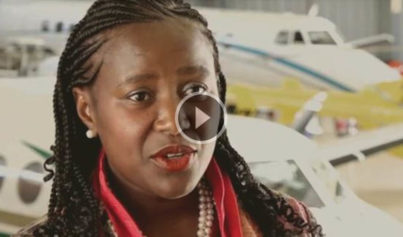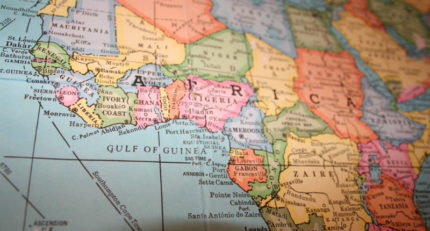Malik Fal has a finger on the pulse of entrepreneurship in Africa. He leads Omidyar Network’s investment strategy and operations on the continent, and for the last 15 years has been involved with social entrepreneurship, business, and development, primarily in the African context.
Omidyar Network recently released its “Accelerating Entrepreneurship in Africa” report. In a monster one-hour interview Fal tells why he is naturally skeptical about co-creation as a model for innovation in Africa; which country is most likely to become Africa’s tech hub in the next five years; the truth about multinational interest in African startups; bootstrapping and misconceptions about fundraising; Africa’s me-too mentality; the biggest challenges African entrepreneurs and its incubators face; and why Africa will lag in overcoming them.
Q: Should African startups prioritize sound business models over innovation?
A: I think the answer is: it depends. Entrepreneurs operate in different environments. Some operate in environments where basic business considerations take precedence. Other entrepreneurs operate in environments where innovation is a real possibility. The environment for an entrepreneur in Sea Point, Cape Town, differs to one in Maiduguri, Nigeria, for example. It’s really a matter of pragmatism.
In places like Cape Town and to an extent, Nairobi you have an ecosystem that is conducive to innovation and thinking outside of the box. Technology entrepreneurs in Kenya have access to iHub, they have access to M-Pesa — so startups can, for example, think about creating innovative new systems that take advantage of that type of payment system. In other parts of the continent, those elements do not exist.
It’s up to entrepreneurs to look around and develop business models that fit the space. Something which particularly startups in the tech community have to guard against, is the syndrome of: “first invented here.” It’s not about an ego trip, it’s about building sound businesses.
Q: Is entrepreneurship in Africa inherently doomed to follow the U.S. or are African entrepreneurs solving real world problems?
A: To me an entrepreneur is someone who sees a gap, who sees a need in their immediate community or a border community, that they feel they are uniquely positioned to solve or fill. And, an entrepreneur takes into account the realities of the environment in which they operate. Does an entrepreneur’s business have global potential, African potential, or for example, South African potential?…
Read More:ventureburn.com


